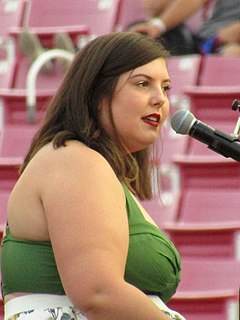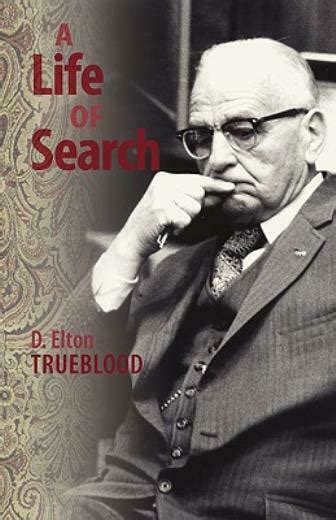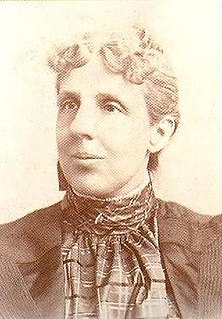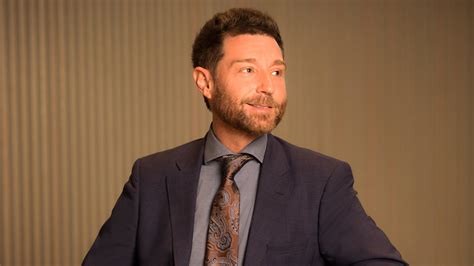A Quote by Mary Lambert
Sylvia Plath, Rumi, there's a lot of spoken word poets who do a really incredible job putting their spoken work into page poetry - that's what I strive to do.
Related Quotes
Since the beginning of establishment, poets and spoken word artists have always been both vocal supporters and critics of government. And in this age of Trump as President, alternative facts, falsehoods becoming truth at the send of a tweet, it's vital that spoken word poetry does its job helping to keep folks 'woke' and not numb or shut down.
I think you can perform any poem. But what I believe is that the best examples of spoken word poetry I've ever seen, are spoken word poems that, when you see them, you're aware of the fact they need to be performed. That there's something about that poem that you would not be able to understand if you were just reading it on a piece of paper.
My first spoken word poem, packed with all the wisdom of a 14-year-old, was about the injustice of being seen as unfeminine. The poem was very indignant, and mainly exaggerated, but the only spoken word poetry that I had seen up until that point was mainly indignant, so I thought that that's what was expected of me.
I love to publish new writers, and we do so consistently. But a lot of contemporary American poets sound alike to me. They want to bring spoken, prosy language into poetry and I understand that desire. But they don't edit. It's not very curated work. It seems very lackluster, very uncareful. It may be the un-carefulness is also something they intend but there's a kind of "So what?" quality to a lot of it.

































